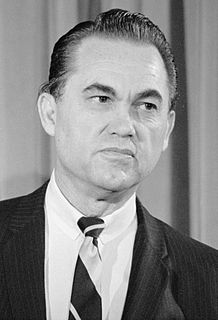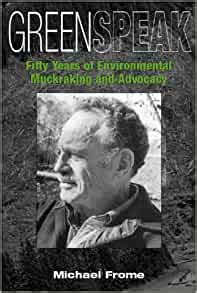A Quote by Bill Moyers
Hyperbole was to Lyndon Johnson what oxygen is to life.
Quote Topics
Related Quotes
Now in my view, if you were to line up the Presidents in the order of who made the greatest accomplishments, you'd put Lyndon Johnson in that arena with both Roosevelts probably, and [Abraham] Lincoln and so on. But the idea that Lyndon Johnson was operating as a free agent and coming up with these ideas on his own is nonsense.
The government of the United States, under Lyndon Johnson, proposes to concern itself over the quality of American life. And this is something very new in the political theory of free nations. The quality of life has heretofore depended on the quality of the human beings who gave tone to that life, and they were its priests and its poets, not its bureaucrats.





























